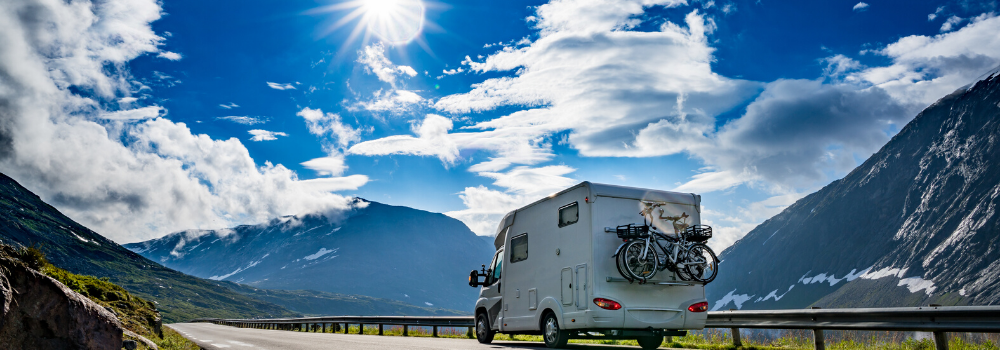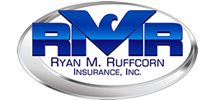
The 411 on RV Insurance
As the current situation takes its toll on our summer travel plans, families are looking for safe ways to go on vacation. Many families have set their sights on RV road trips which provide all-in-one (socially distant) transportation and lodging. If you have an RV or are considering buying one, here are some helpful tips to make sure your insurance needs are fully covered.
RV, short for recreational vehicle, is a class of vehicles that includes: motorhomes, camper vans, and bus conversions, organized by classes: Class A, B, and C. These recreation vehicles need insurance coverage. Your RV insurance will depend on a few things:
- The class of your vehicle
- How much you use it
- Whether you live in it full time
The recreational vehicle class type is also a factor:
- Class A: models like luxury coach, converted bus, and motorcoach. These RV’s can be up to 75 feet long.
- Class B: the smallest class of RV’s. These have no cab-over and include cargo vans, travel trailers, and camper vans.
- Class C: vehicles that use a standard cargo van as the driving portion of the RV and attach a camper that extends over the cab area. This class covers fifth wheels.
The type of coverage that can be included in RV insurance coverage are:
- Liability- just like a regular vehicle. This covers at-fault accident- property damage and medical (varies by state).
- Personal belongings coverage
- On-board equipment
- Attached accessories
- Total loss replacement coverage
- Campsite and vacation coverage
- Emergency expenses
- Towing and roadside coverage
- Full-timer coverage if your RV is your full-time residence
- Uninsured and underinsured motorists’ coverage
RV insurance protects the recreational vehicle owner, from large out of pocket expenses in the event of an accident or loss, such as property damage and bodily injury. It can also provide compensation for the cost of a roadside breakdown.
Here are a few examples of incidents and coverage:
- An uninsured driver collides with the RV, the RV owners’ insurance company, will pay for the damages to make the RV owner whole again. The amount of coverage provided depends on the amount of damage, the deductible amount, and the coverage limits set on the policy.
- If the RV owner is the at-fault party in an accident, the other driver will file a claim with the RV owners’ insurance company. The insurance company will pay the claim up to the limits of the liability policy. The kinds of expenses covered are cost of damages, injuries, and legal fees, to name a few.
- If the RV is damaged to the point of it being non-drivable after a crash and has to be towed, the insurance company will cover most, if not all the costs associated.
- If the RV is stolen, an animal causes damage, or it is damaged in a hail storm, comprehensive coverage would provide coverage for those incidents (the amounts over the deductible amount).
Final thoughts, the costs associated with RV insurance coverage vary by factors that an insurance agent can help you address. RV insurance isn’t that different from car insurance, it is required in all states and requires a minimum amount of liability insurance.
To find the right RV coverage for your motorhome or camper, contact us today. We will assist with several different price comparisons and help find the right coverage for your needs.
